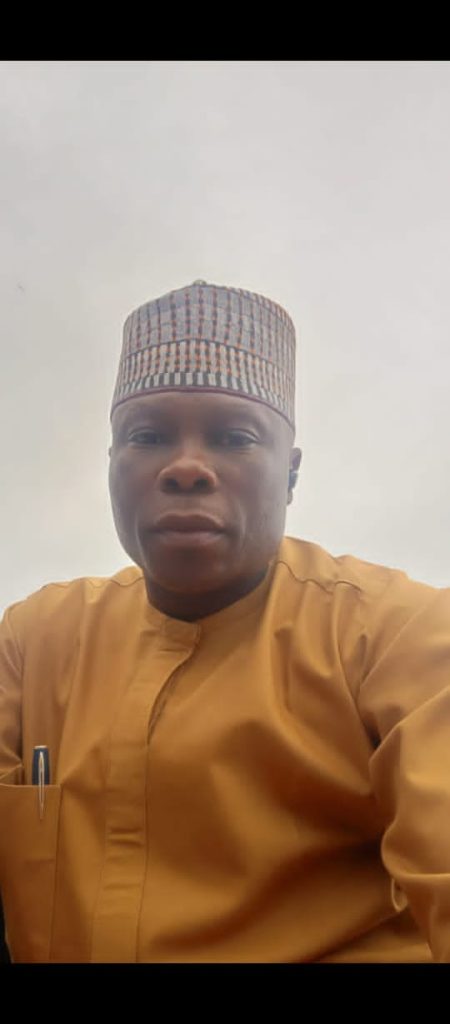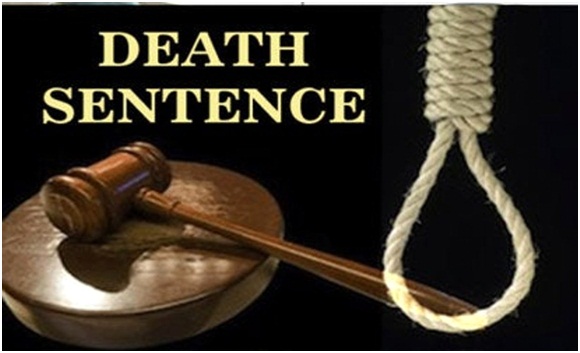Trust: The missing factor
By Bayo Fasuwon
|
Before population explosion and the perception that resources were becoming limited in supply and higher in demand, government was restricted to the household. Thus a man becomes the Commander-in-chief of his house. Rules and regulations were diversified, according to the needs and developed ethics of the family. But with rise of the awakening, it dawned on humans that they needed what their neighbor possesses, and being unwilling to offer anything in exchange, brutal force became the commodity of exchange.
At that stage, living became the survival of the fittest, no paddy for jungle, became a slogan, and might become right. This Hobbes describes as the State of nature, where life became nasty, brutish and short. In order to survive, men willingly submitted their leadership rights to a Leviathan, who ruled them with brutal force, and subjection. However the brutality of the Leviathan brought the perception by Locke and Rousseau that man would not submit their total rights, and power, but some, in trust, to the accepted ruler who would then rule in representation of the people.
There have been variations to this arrangement over the years, but one unchanging ingredient in representative governance is trust. In most African nations, as we noticed recently in Mali, military incursion into politics was wildly celebrated. People celebrate because they trusted that the ‘revolutionaries’ would bring the people to the promise land in peace, fairness and justice. In many democratic settings, votes were also cast trusting that the candidate of their choice would live to their promises, reputation and expectations of the electorates. However, in the latter and former scenarios, the people had realized like Lucy Dube, that the choice they made, did not turn out the way they thought it would. Like Odyssey, the trusted leaders had taken them farther away from the El Dorado that was in sight, and at every change in representation, the story still remained that the beautiful ones are yet to be born.
In Nigeria, the story sadly holds true. Independence was greeted by high jubilations and expectations. Everyone believed that those who had selflessly fought for independence would carry the same zeal and dexterity into governance. Alas, they were caught in the web of determining ‘who gets what, when and how’. Rather than focus on governance, the quest became who could validly boast that, my Mercedes is bigger than yours’. The military came into power as it were to remedy the confusion and bloodshed that characterized the nation’s political space. But after given to several regimes, it was discovered that the Leopard of the ruling elites, could never change its spots. With the diminishing popularity of military incursions, the men of force dumped the Khaki, and donned Babanrigas, operating a repressive constitution, while replacing decrees with executive orders. The cycle of broken trust continued.
When election year knocks the willing rulers would castigate, denigrate and lampoon the elites in power. After the denigration, promises of great expectations are unleashed on the hapless citizens with a promise that their Oliver Twist could ask for more. The present administration was not immune against this castle in the air syndrome. They promised reduction in fuel prices, reduction in national debts, and reduction in the exchange rate, and better life for all citizens. Unfortunately it was another mirage in the desert. With current poverty promoting policies in place, it is to many, another trust shattered. However, every government is insistent that elite promoting and masses denigrating policies are for the general good of all. At a time, while leaving office with a testimony of lingering poverty, President boasted that he had raised about ten billionaires, of course himself, and friends inclusive. The elites in power in this country have an agenda; contrary to the nation’s national development plan (does this nation possess an NDP?). One perceives that the elites in power have observed that given the enlightenment and possible imminent of the ascendancy of those they govern, holding on to political power may soon become impossible. Every Leviathan makes provision for the uncertain tomorrow. They seem to have adopted a mega plan that would seek to perpetrate them in power, even when the people reject their leadership. The first of this clandestine strategy is to ensure that the people lack the economic power to wrest government from the hands of oligarchy in democratic garb. Therefore, poverty inducing policies, with a promise of a better tomorrow becomes the daily congregational hymn.
Secondly, the nation is plunged into huge debts such that the bourgeoisie at the centre in connivance with the bourgeoisie at the periphery can continue to hold the people’s balls and control them at will. Furthermore, the nation’s commonwealth under destructive agreements are sold a la carte to each other. Thus, at the end of the day, even if they lose political power, the elected becomes a puppet by virtue of their economic control of the nation. That is the plunderers’ interpretation of privatization.
There have been many outcries against the CAMA act, the intended water resources bill, the hike in tariff of epileptic, weak and mostly unsupplied electricity. The government and die hard supporters are screaming their heads out that this is the best way to go. They seem to have forgotten, that a suspected thief should not play with the kid of a goat. The cry against the CAMA act for example comes in the heels of suspicions of religious brigandage, intolerance and repressions. Economic policies of deregulation is also not new, and has been an ongoing process, but would be a surprise that as at the dawn of the 2023 elections, government would seek to pay ‘subsidy’ revenues to some? Time would tell. Nigerians have made sacrifices in the past with little or no returns from their trust funds.
This government must therefore realize that the people have a phobia for betrayals. All forms of demonstrations and sighs are not in any way against a person, but rather a show of mistrust for government and her policies. The cry of the people is a request for a ‘faithful, loyal and honest’ leadership that would then guarantee ‘peace and unity’. Government should therefore seek to gain the peoples’ trust with better communication, transparency and fairness. Mistrust is the bane of this nation’s development. State police is rejected on mistrust; appointments engender mistrust; allocation of palliatives is cuddled in the fur of mistrust; religions are practiced in mistrust, and Nigerians sleep not trusting that government would guarantee that they wake up in peace and prosperity. The time is now for government to live to the trust handed to them by the people. In actual fact, trust is the foundation of legitimacy.










